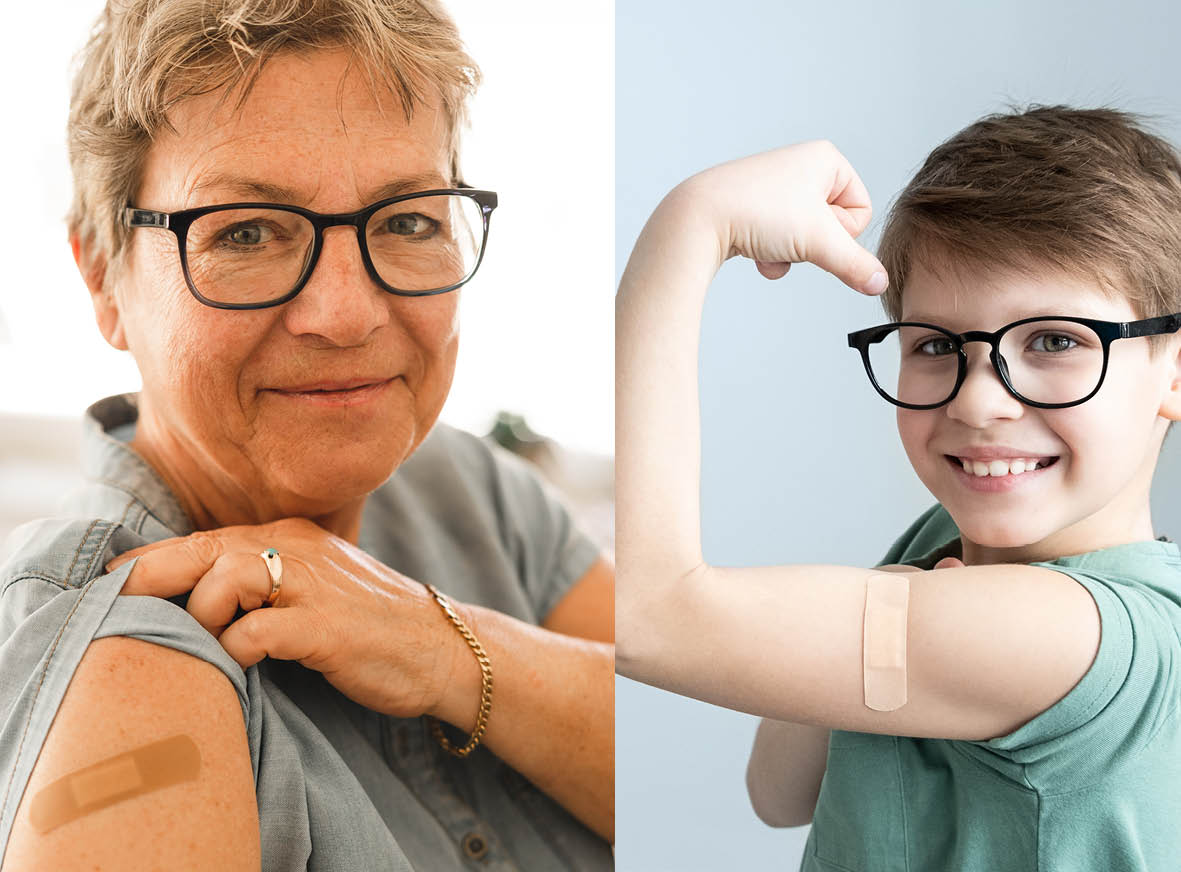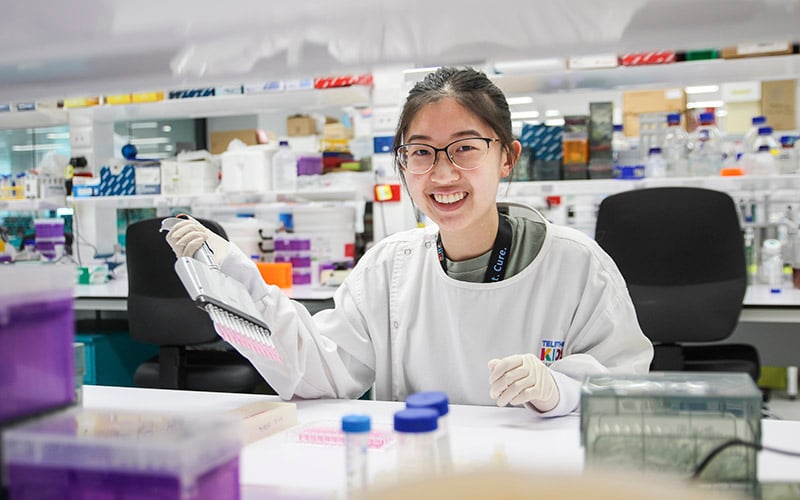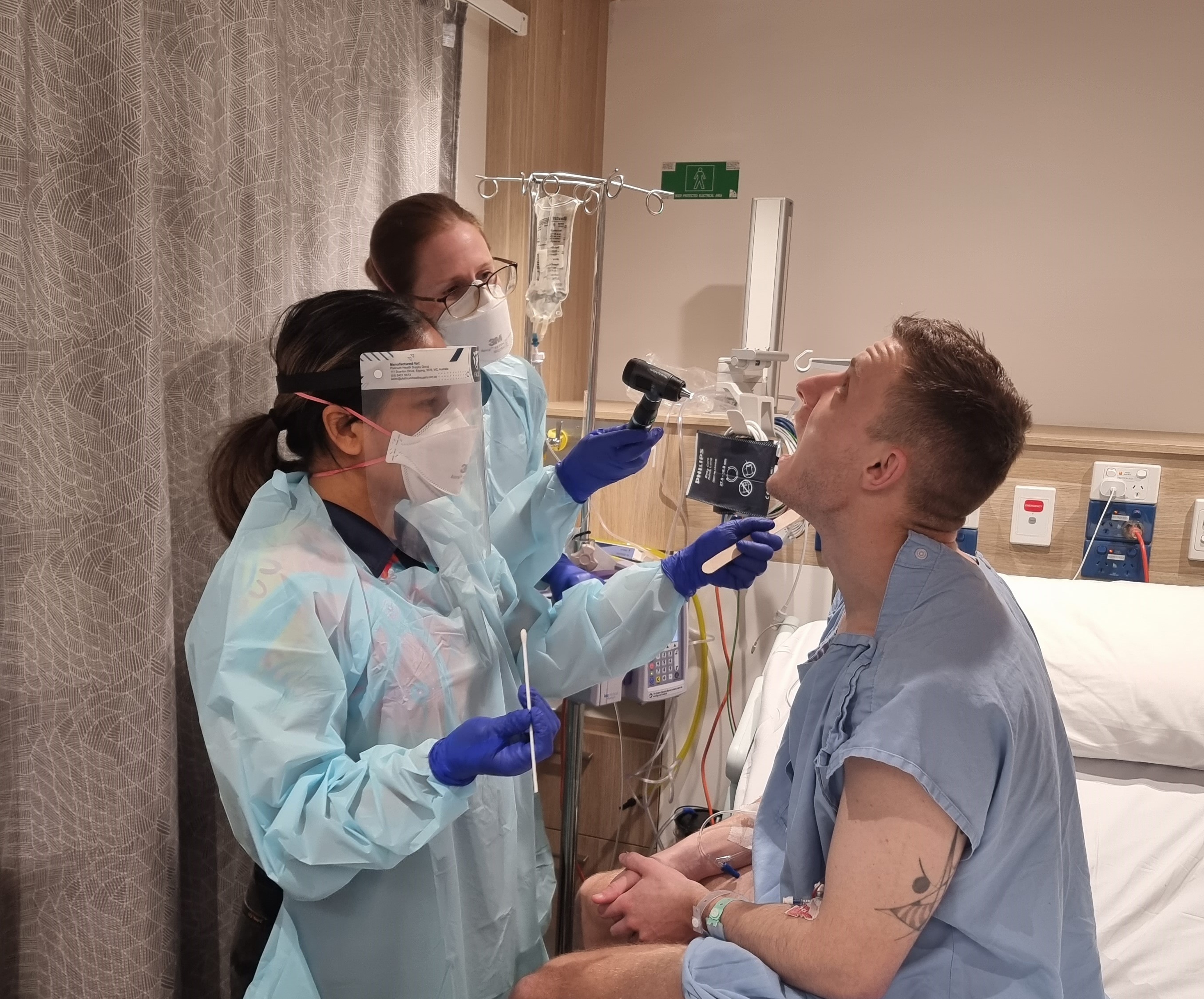Search
Research
‘People don't trust those pieces of paper that are provided’: A qualitative study of cultural planning and outsourced out-of-home care services in Western AustraliaAboriginal and Torres Strait Islander children continue to be removed at high rates from their families by child protection services, placing them at elevated risk of adverse long-term life outcomes. Cultural connection in out-of-home care is essential for mitigating the impacts of trauma from removal, emphasizing the importance of ensuring that cultural planning is rigorously undertaken. This article explores the provision of cultural plans in an era where out-of-home care services are outsourced by government, but where government holds onto the responsibility for developing cultural plans for children in care.
Research
Involving young people with lived experience in advancing mental health science: an exploratory qualitative study from Pakistan and IndiaMeaningful involvement of young People with Lived Experience (PWLE) in co-designing youth mental health interventions has been much emphasized globally. However, there is a scarcity of evidence on involving PWLE of mental health problems in designing, implementing and evaluating mental health interventions, especially in Low- and Middle-Income Countries.
Research
A microRNA-based dynamic risk score for type 1 diabetesIdentifying individuals at high risk of type 1 diabetes (T1D) is crucial as disease-delaying medications are available. Here we report a microRNA (miRNA)-based dynamic (responsive to the environment) risk score developed using multicenter, multiethnic and multicountry ('multicontext') cohorts for T1D risk stratification. Discovery (wet and dry lab) analysis identified 50 miRNAs associated with functional β cell loss, which is a hallmark of T1D.
Research
The CoolCot trial: active methods of therapeutic hypothermia for newborns with hypoxic ischaemic encephalopathy during neonatal transport: a study protocol for a randomised controlled trialImpaired oxygen delivery or blood flow to the brain around the time of birth can cause injury. Hypoxic ischaemic encephalopathy is a leading cause of death and disability in term and near-term infants.
Research
Twenty-five is not a neurobiologically determined age of maturity for gender-affirming medical decision-makingAmong the increasing threats to the healthcare of transgender and gender-diverse people globally, are efforts to deny gender-affirming medical care to people under age 25 typically justified by stating that the human brain is not developed until the mid-to-late 20's. Thus, this line of reasoning states young adults are not sufficiently mature to be responsible for autonomous healthcare decision-making— at least in regard to gender-affirming care.

News & Events
The Kids Research Institute Australia launches Covid-19 booster research to inform Australia’s vaccine policyOptimising our national Covid-19 vaccine program could be one step closer thanks to new research now underway at The Kids Research Institute Australia investigating the most effective, long-term strategies for booster vaccinations.

News & Events
Latest Deborah Lehmann Research Award recipient tackles malaria in MadangPapua New Guinean researcher Dr Lincoln Timinao has been awarded the 2025 Deborah Lehmann Research Award (DLRA) for his work aimed at investigating the burden of malaria in young children.

We encourage students to apply for scholarships to support their studies. Applications for non-university scholarships can be made through the Institute.

News & Events
Study which deliberately infected participants leads to penicillin breakthroughA unique study purposely giving participants Streptococcus pyogenes (Strep A) to learn how much penicillin it takes to prevent infection has found the amount needed is much lower than previously thought – a discovery that will transform thinking on treatment for people living with rheumatic heart disease (RHD).

News & Events
Nutrition and COVID-19Nutrition is important during the COVID-19 pandemic because it can provide both physical and mental health benefits.
